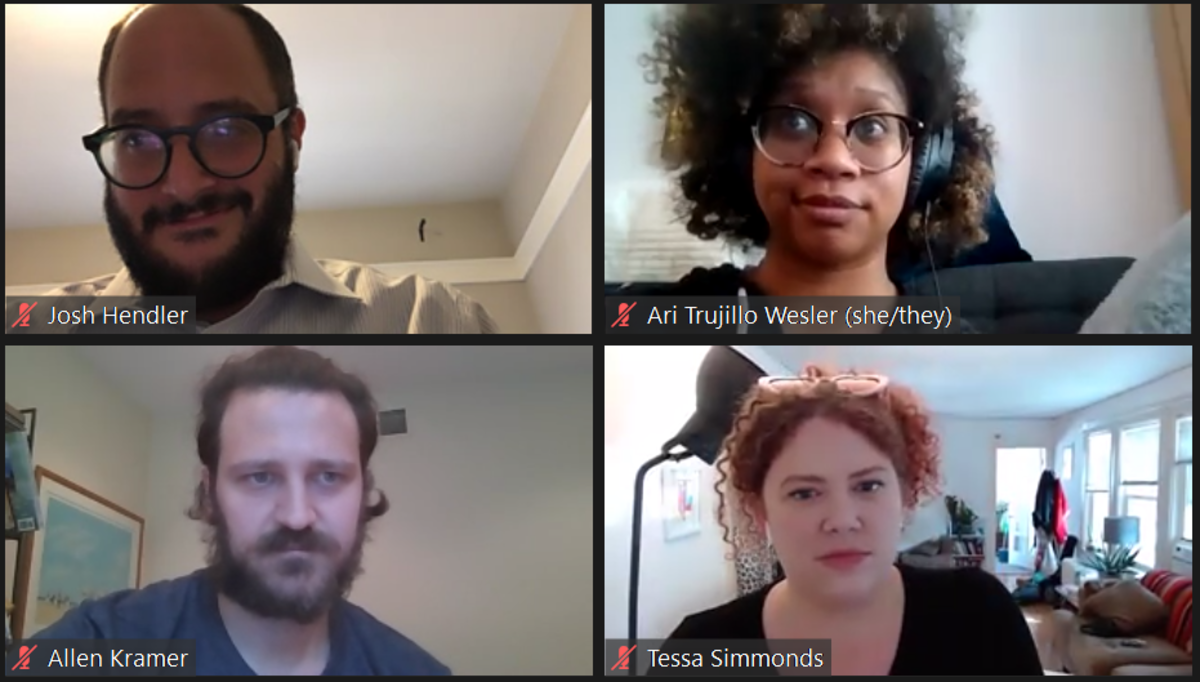Digital Campaign Strategists Discuss the Evolution of Political Technology in Response to the COVID-19 Pandemic
August 18, 2020 — The political tech space has evolved and changed more rapidly than ever in 2020. In the wake of the pandemic, many newly-necessitated tech startups have advanced to overcome obstacles placed in the way of political organizers. In a Monday webinar, progressive political technology f
Jericho Casper

August 18, 2020 — The political tech space has evolved and changed more rapidly than ever in 2020. In the wake of the pandemic, many newly-necessitated tech startups have advanced to overcome obstacles placed in the way of political organizers.
In a Monday webinar, progressive political technology firm Higher Ground Labs convened a panel of digital campaign strategists, political tech startup founders and investors to explore how they expect the political tech space to evolve following the 2020 election.
Adapting to digital campaigning in preparation for the 2020 election was a must, as face-to-face organizing is currently dangerous.
“Between the months of March to May, everything shifted to being 100 percent virtual,” said Allen Kramer, co-founder of Mobilize. “People were staying at home, but wanted to get involved and have agency.”
“There were huge challenges and opportunities this election cycle,” said Tessa Simmons, director of Team Warren Digital Organizing, “campaigners had to redefine digital organizing.”
Founded in 2018, Outvote is one of many digital volunteer organizing tools which has recently experienced increased use and funding. The application’s mission is to empower grassroots campaigning through scalable technology and digital community organization.
The app allows a person to communicate on a peer-by-peer basis, to remind friends to vote, among other having other applications. Panelists noted that use of the app is particularly crucial in swing states, as research shows friends who receive a message through Outvote are 10 percent more likely to show up and vote.
While many mobile digital apps have had success, Ari Trujillo-Wesler, co-founder of OpenField, reminded participants of the importance of continuing to organize people through phone conversations.
“More people are on the phone than ever,” said Trujillo-Wesler. Due to the conditions of the pandemic, people are more willing to talk for longer periods of time.
Panelists also said that it was crucial to remember the range of technologies available in political organizing, especially when aiming to account for digital literacy gaps.
“We need to move politics towards long in-depth conversations,” said Simmons, “and away from clicking.”
“One-on-one conversation is the most persuasive,” furthered Trujillo-Wesler, arguing that existing digital organizing tools are not conducive to facilitating scalable, authentic conversations.
“We’re still figuring out how to make this a great experience,” said Josh Hendler, partner at Purpose and Donor Advisor.
Mike Greenfield, co-founder of Change Research, pointed out that there are no massive players in this space yet.
“From a data perspective there would be advantages to that,” said Greenfield. Data generated by digital campaigning applications would be extremely valuable, as it would reveal what political messaging is effective and what moves people.
Although political campaigners are just beginning to tap into the potential of social media, the panelists agreed that campaigns must embrace the digital community to be successful.









Member discussion